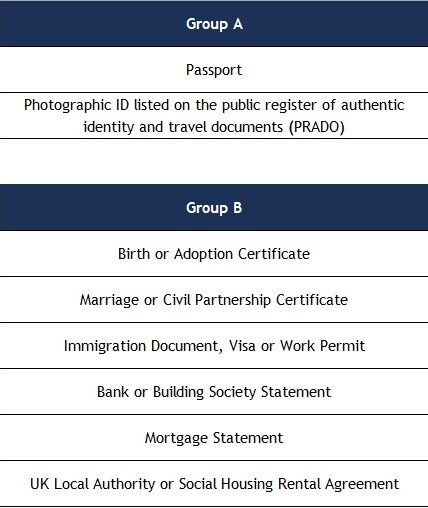Company Formation ID Verification Rules Are Coming
 19th July 2024
19th July 2024
Company formation ID verification rules are coming. Long expected changes to the way in which new companies are formed have moved a step closer. Although the implementation date of the new rules is not yet known as the regulations are still at the draft stage, Companies House have released some further information about the new rules.
The rules are being put in place to reduce the risk of fraudulent companies being formed. Under the current system a company can be formed for a minimal fee, with no substantial checks carried out in respect of the identity of the named directors or shareholders.
The new rules, to be known as ‘The Registrar (Identity Verification and Authorised Corporate Service Providers) Regulations 2024’ are expected to be enacted and come into force later in 2024.
In summary, when forming a new company the applicant will be required to provide:
- A valid and verifiable email address
- Their current residential address
- Proof of their identity
There will be three routes available to complete the ID checks, as detailed below:

Where the individual does not have access to the above documents, they will be able to verify their ID using an ‘exceptions’ route instead. This must be done via a third party approved by the Registrar. This is most likely to be required where the individual has a passport from a non supported country.
In these circumstances the individual would need to provide two forms of evidence, one from each of the groups below:

While the rules may be an inconvenience for people wishing to form a new company, the need for identity checks to be carried out was particularly highlighted by an increase in corporate fraud during the COVID-19 pandemic.
Get In Touch
We are more than happy to help guide you through the process of forming your new company, both now and when the new rules are implemented, so please do contact your local Whitings office for more information and advice.
Disclaimer - All information in this post was correct at time of writing.








